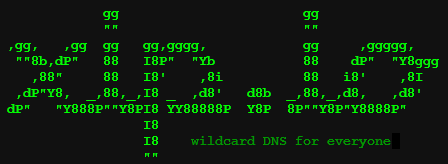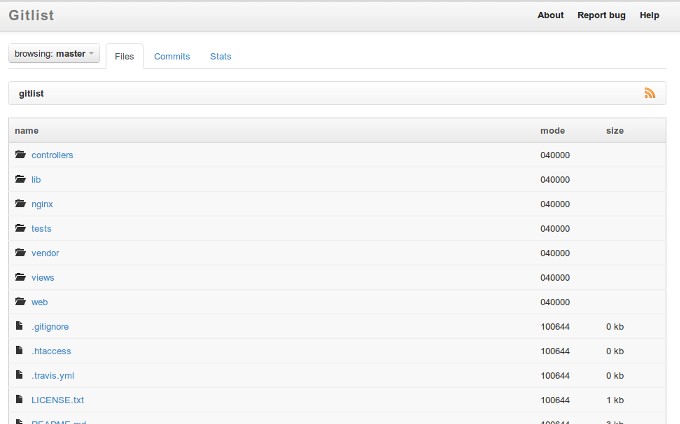Posts tagged with 'Software Development'
April 27, 2013 00:20:00
—
Software Development

This would have come in handy when I was doing a lot of testing of our mobile
apps. At work we have a "live" silo and a "dark" silo. For large deployments,
we stage the new builds in the "dark" silo and test it there. Then when it's
time to go live with the new builds, we update the load balancers to swap the
silos and make the new code live. Pointing native apps to the dark silo
is kinda tricky since there is no /etc/hosts/ file to edit. I have been
testing by running my own DNS server on my laptop, but that is a pain. I'm
going to play with xip.io to see if it can help me with this kind of
testing.
From the website:
xip.io is a magic domain name that provides wildcard DNS
for any IP address. Say your LAN IP address is 10.0.0.1.
Using xip.io,
10.0.0.1.xip.io resolves to 10.0.0.1
www.10.0.0.1.xip.io resolves to 10.0.0.1
mysite.10.0.0.1.xip.io resolves to 10.0.0.1
foo.bar.10.0.0.1.xip.io resolves to 10.0.0.1
...and so on. You can use these domains to access virtual
hosts on your development web server from devices on your
local network, like iPads, iPhones, and other computers.
No configuration required!
April 24, 2013 20:00:00
—
Software Development

Another team at work has begun using GitList as their Git repository
viewer.
It looks like a nice self-hosted alternative to GitHub
From the GitList website:
GitList allows you to browse repositories using your favorite browser,
viewing files under different revisions, commit history and diffs. GitList is
free and open source software, written in PHP, on top of Silex and the Twig
template engine.
April 10, 2013 22:12:00
—
Software Development

I've been looking for tools to help facilitate code reviews, and one of the
candidates I'm considering is Docco. From Docco's website:
Docco is a quick-and-dirty documentation generator, written in Literate
CoffeeScript. It produces an HTML document that displays your comments
intermingled with your code. All prose is passed through Markdown, and code
is passed through Highlight.js syntax highlighting.
By default, it takes comments from your source file and displays them next to
the code they are related to. In my case, I modified the config to leave
regular comments intact, but to display any comments /*! like this one */ off
to the side. This has two advantages:
- Reviewers can annotate code inline.
- A reviewer can see other review comments.
I am actually using docco-next instead of the original docco since it
allows more fine-grained control over which typed of comments to process.
April 7, 2013 18:27:41
—
Software Development

One of my favorite college professors once said that the best software
developers are often lazy software developers. They work really hard to not
have to work really hard. I am definitely a lazy programmer. One of the ways
that I like to avoid hard work is to avoid writing code in the first place, and
that means finding high quality code libraries and using them instead of
re-inventing the wheel. At work we use the Apache Commons libraries a lot.
Google Guava...
...contains several of Google's core libraries that we rely on in our
Java-based projects: collections, caching, primitives support, concurrency
libraries, common annotations, string processing, I/O, and so forth.
It looks similar to the Apache Commons libraries, but several of the packages
are intriguing to me. Check out the User Guide. There is also an
Apache Commons equivalents page that helps you "translate from code using
Apache Commons" packages.
March 27, 2013
—
Software Development
A great blog post with advice for Software Developers:
http://peterlyons.com/leveling_up.



